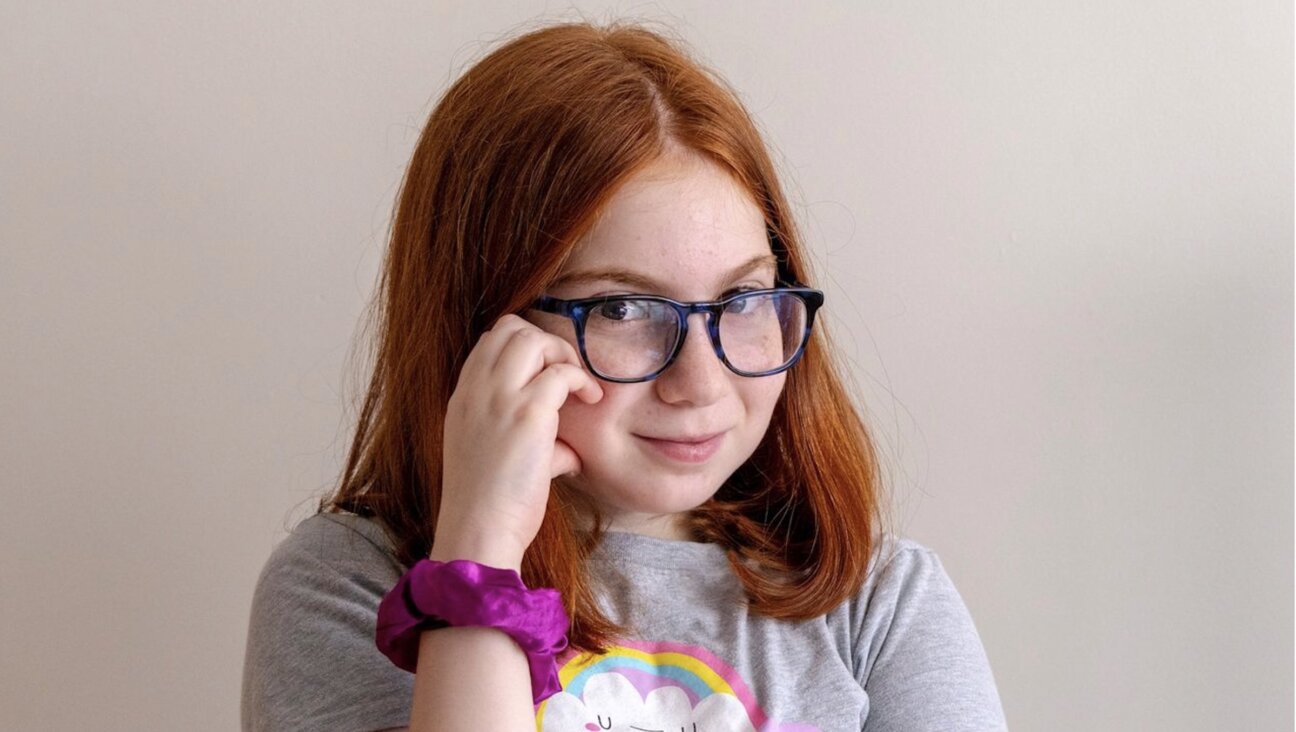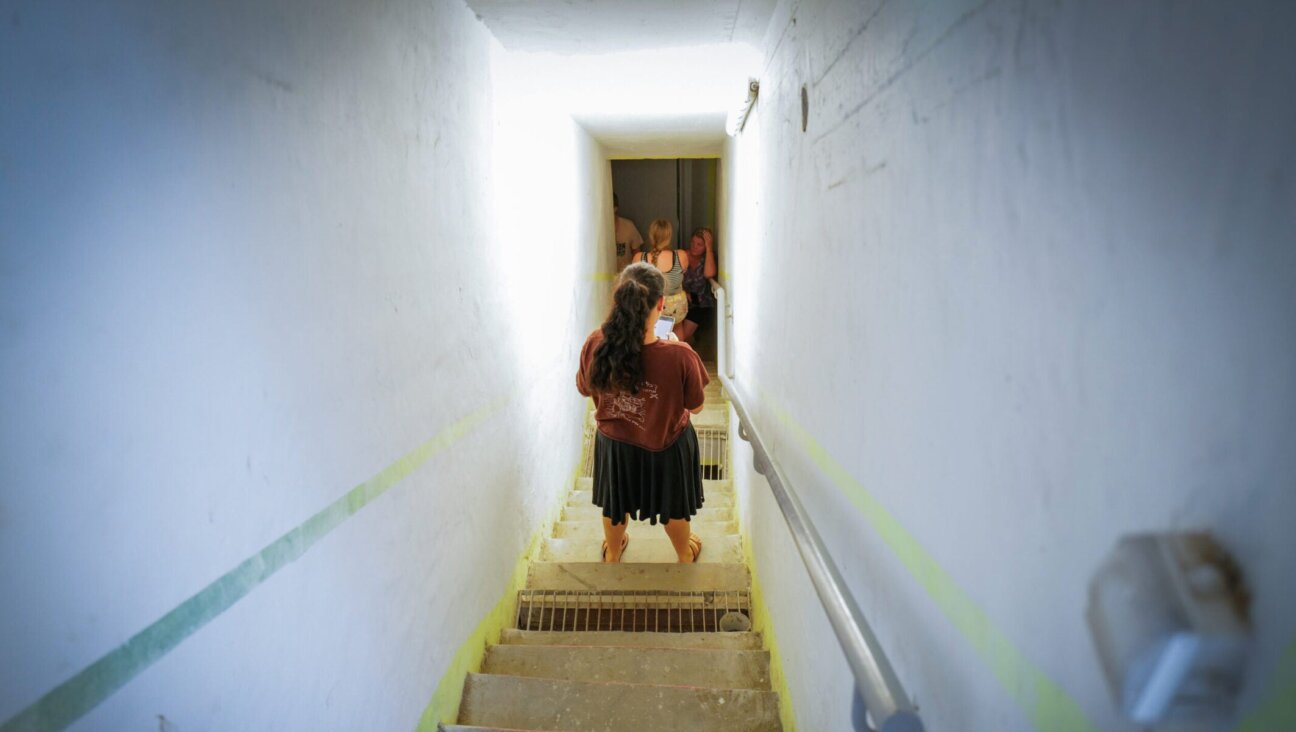3,000 Jewish Teens Gather in Atlanta
Over 3,000 teenagers from multiple Jewish youth groups gathered in Atlanta for a series of events aimed at both strengthening Jewish identity among teens and rallying philanthropic support for such programs.
The main attractions were the annual conventions of BBYO and NFTY, which were held in adjoining hotels and featured some joint programming. Prior to the start of the two conventions, dozens of teen leaders from BBYO, NFTY and several other youth groups met to resurrect the Coalition of Jewish Teens. And, also prior to the conventions, about 250 people took part in the Summit on Jewish Teens, a gathering of foundations, federations and individual funders.
On the even of the gatherings last week, four major supporters of BBYO — the Jim Joseph, Schusterman, Marcus and Singer foundations — published an opinion piece explaining their goals for the gathering and calling on other funders to join them in supporting youth groups and other teen initiatives.
“The good news is that study after study proves that when young people are involved in meaningful Jewish experiences during their teenage years, they are much more likely to be active, lifelong members of the Jewish community,” the foundations wrote in their opinion piece, which was published by eJewishphilanthropy.
“The bad news is that as far as we have come, we still have a long way to go before we fully address the disturbing fact that in most communities, an estimated 80 percent of Jewish teens drop out of Jewish life after their b’nai mitzvah.”
The quartet of foundations urged funders to work together. Teen leaders, meanwhile, issued their own call for collaboration, playing up their desire to find ways for the various Jewish youth groups can work together, on social action projects and other initiatives.
Organizers of the various events stressed the idea that the most effective way to attract teens is to offer them opportunities to design and run their own programs.
Several organizers also said there was a strong need to instill teens with a deeper appreciation and understanding of Israel before they head to college and find themselves in the middle of highly charged debates about the Middle East.
















